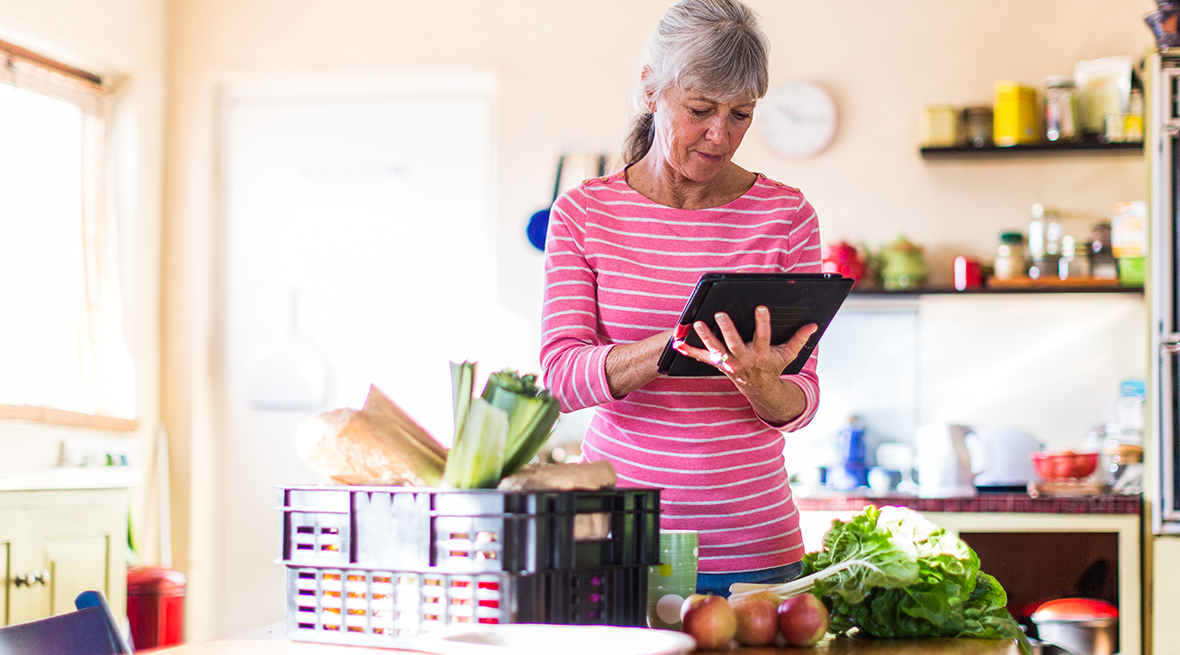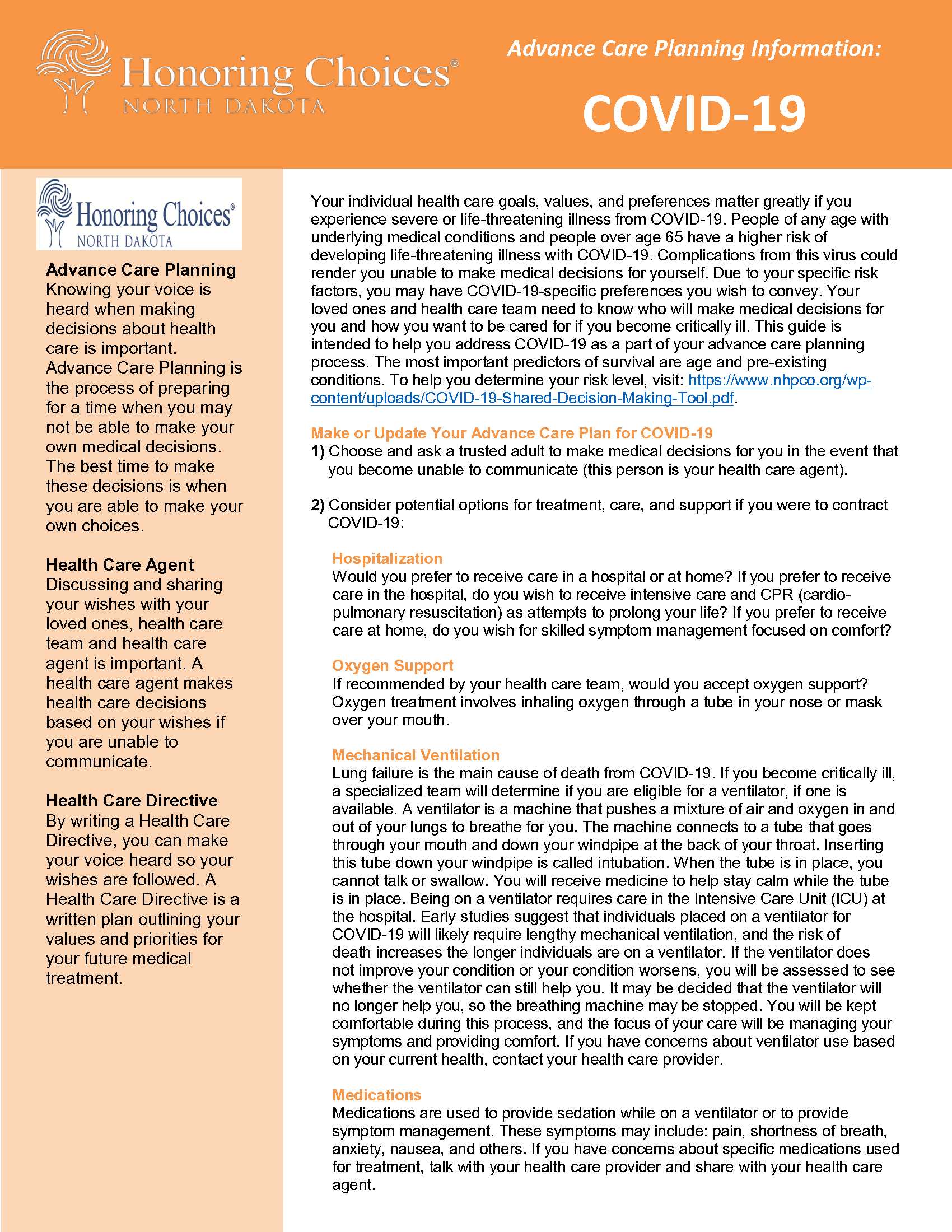AARP Hearing Center

In the face of the coronavirus pandemic, North Dakota is providing information and resources to help older North Dakotans and those caring for them protect themselves from the virus and help prevent it from spreading to others.
If you have coronavirus symptoms, call your health care provider or local public health department to figure out if you could — and should — get tested. Signs of the virus are a dry cough, fever and shortness of breath. (Read more about coronavirus and how to stay safe.)
COVID VACCINATIONS
As the first COVID-19 vaccines have become available in the U.S., a state-by-state patchwork has emerged for where and when older adults can get inoculated. This page will be updated to include North Dakota specific information soon.
Up-to-date state and local health information:
- FAQ on the coronavirus vaccine
- The North Dakota Department of Health offers updates on those infected, plus tips for prevention, public resources and contact information.
- Additional resources for individuals, businesses, employers, students, etc. can be found on state government's North Dakota Response website.
- For medical, food and recovery services and information, call your local 211.
Emergency Rent Bridge
Any North Dakota renter household who has suffered a substantial loss of income after March 15 and, as a result, does not have financial resources to make their rent payment, may be eligible to receive assistance.
Emergency Rent Bridge
Food assistance resources:
- If financial difficulty is a barrier to food, find your closest food bank and other food assistance programs in your area.
- Senior Meal Programs
- Hunger Free North Dakota
- Great Plains Food Bank
- Food Pantries and Soup Kitchens
- Human Services programs such as food assistance programs (SNAP).
Farmers to Families Food Box Program
The Great Plains Food Bank GPFB) is working with the USDA to distribute Farmers to Families Food Box Program, which is bringing more than one million pounds of fresh fruits and vegetables each month. The list of statewide planned distribution places and times for August is listed here. (Please check local resources frequently, as schedules may change.)
Food Pantries on wheels (mobile food pantries)
The GPFB also has other regular mobile distributions to locations without a brick and mortar food pantry nearby. Find the monthly schedule here.
Food pantries and soup kitchens
Find a list of food pantries and soup kitchens here.
Farmers Markets
There are 14 farmers market locations in North Dakota where SNAP is accepted as payment.
Local Foods Map
Other farmers markets, food stands, and direct sales of local foods can be found here.
Food Distribution Program on Indian Reservations (FDPIR)
FDPIR provides USDA Foods to income-eligible households living on Indian reservations and to Native American households residing in designated areas near reservations. These programs are administered by Indian Tribal Organizations (ITOs). Find North Dakota ITO contact information here.
Finding Food Help in a time of COVID-19
Links to applying for and more information about SNAP, WIC, meals when school is out, and more at the Creating a Hunger Free North Dakota website.
Do you want to help others?
What can I do to reduce hunger in North Dakota? Ideas to help you volunteer, share from your garden, donate food or funds: https://bit.ly/3gG9cWr
Unemployment benefits:
- File online at Job Service North Dakota
Services and Resources for Older Adults:
- For information about services for older adults and people with disabilities, contact the Aging and Disability Resource LINK of North Dakota toll-free at 1-855-462-5465, 711 (TTY) or email them at carechoice@nd.gov or view information online at www.carechoice.nd.gov
Make or Update Your Advance Care Plan for COVID-19
Your individual health care goals, values, and preferences matter greatly if you experience severe or life-threatening illness from COVID-19. Complications from this virus could render you unable to make medical decisions for yourself. Your loved ones and health care team need to know who will make medical decisions for you and how you want to be cared for if you become critically ill. Here is a guide intended to help you address COVID-19 as a part of your advance care planning process. The most important predictors of survival are age and pre-existing conditions. To help you determine your risk level, visit: https://www.nhpco.org/wp-content/uploads/COVID-19-Shared-Decision-Making-Tool.pdf.

COVID-19 Advance Care Planning Information.pdf
More on Coronavirus































































